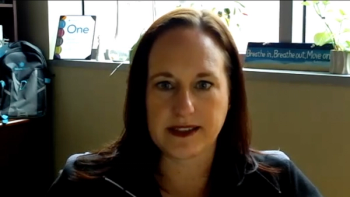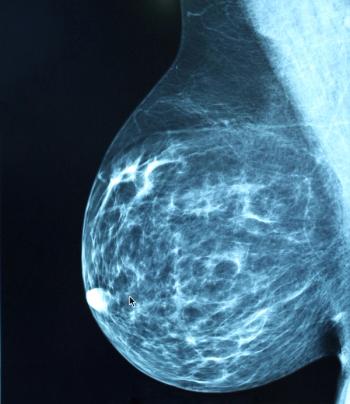
Preventing Burnout in Oncology
Developing an effective personal and professional self-care plan can help oncologists deal with the pressures of caring for terminally ill patients and potentially prevent burnout, a recent study suggests.
Developing an effective personal and professional self-care plan can help oncologists deal with the pressures of caring for terminally ill patients and can potentially prevent burnout, a recent study suggests.
Physicians who care for seriously ill patients are at high risk for burnout, compassion fatigue, and moral distress, according to the paper
The authors outline a series of self-care tools and strategies designed to better equip oncologists to deal with stress and burnout. These include personal strategies, such as maintaining a healthy lifestyle; professional steps, including connecting with a network of peers and mentors; and team-based methods, such as formalized structures, policies, and procedures to guide team meetings.
Self-awareness-defined as the ability to combine self-knowledge and a dual-awareness of both your own subjective experience and the needs of the patient-is a particularly important aspect of self-care, the authors note. Physicians with low self-awareness are more likely to experience compassion fatigue and burnout, whereas a higher level of self-awareness can lead to greater job satisfaction and engagement and improved patient care.
Mindfulness meditation and reflective writing are two proven methods of enhancing self-awareness, according to the study. Meditation has been shown to improve physicians’ sense of well-being and decrease anxiety while reflective writing often promotes reflection and empathy.
Besides combatting burnout, self-care has the potential to restore the physician’s sense of meaning and purpose. As a result, the authors write, “the very characteristics of the work of caring for patients with advanced cancer that convey such risk for harm to physicians can instead bring great gratification.”
Other recommended strategies for developing an effective self-care plan include:
- Avoid distancing yourself from work both emotionally and cognitively.
- Look for opportunities for engagement with organizational activities congruent with your work and interests.
- Improve communication and management skills by seeking additional training.
- Balance empathy and compassion with objectivity.
- Share feelings and responsibilities, set limits to avoid overload of work.
- Use recreation, hobbies, and exercise to promote life–work balance.
- Enhance spiritual development to find greater meaning in personal and professional relationships.
- Prioritize personal relationships with family and close friends.
Newsletter
Stay up to date on recent advances in the multidisciplinary approach to cancer.













































